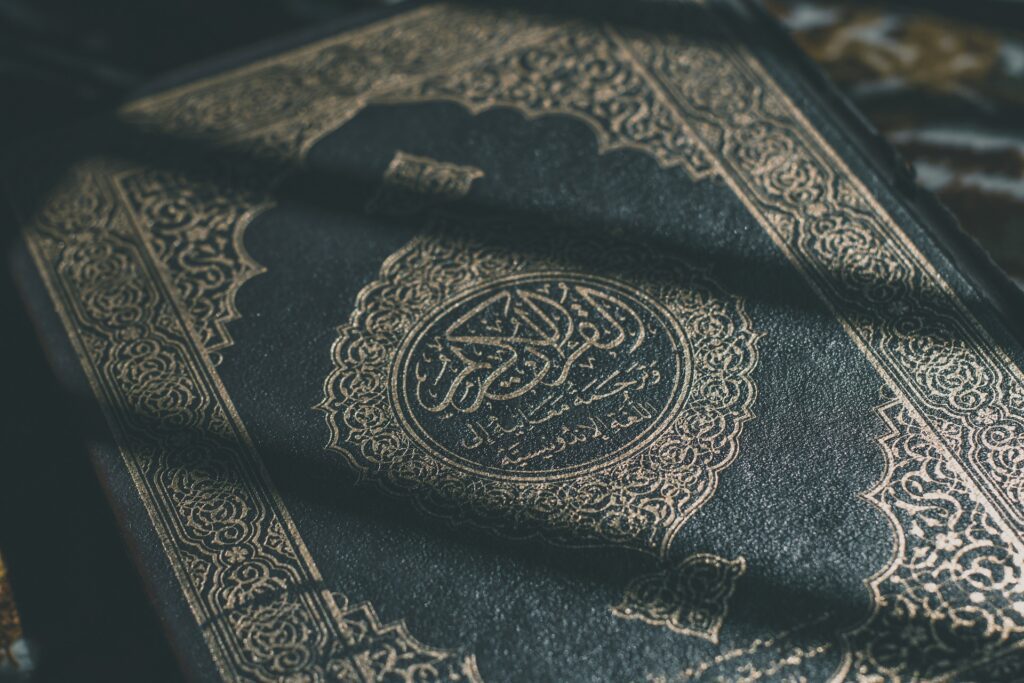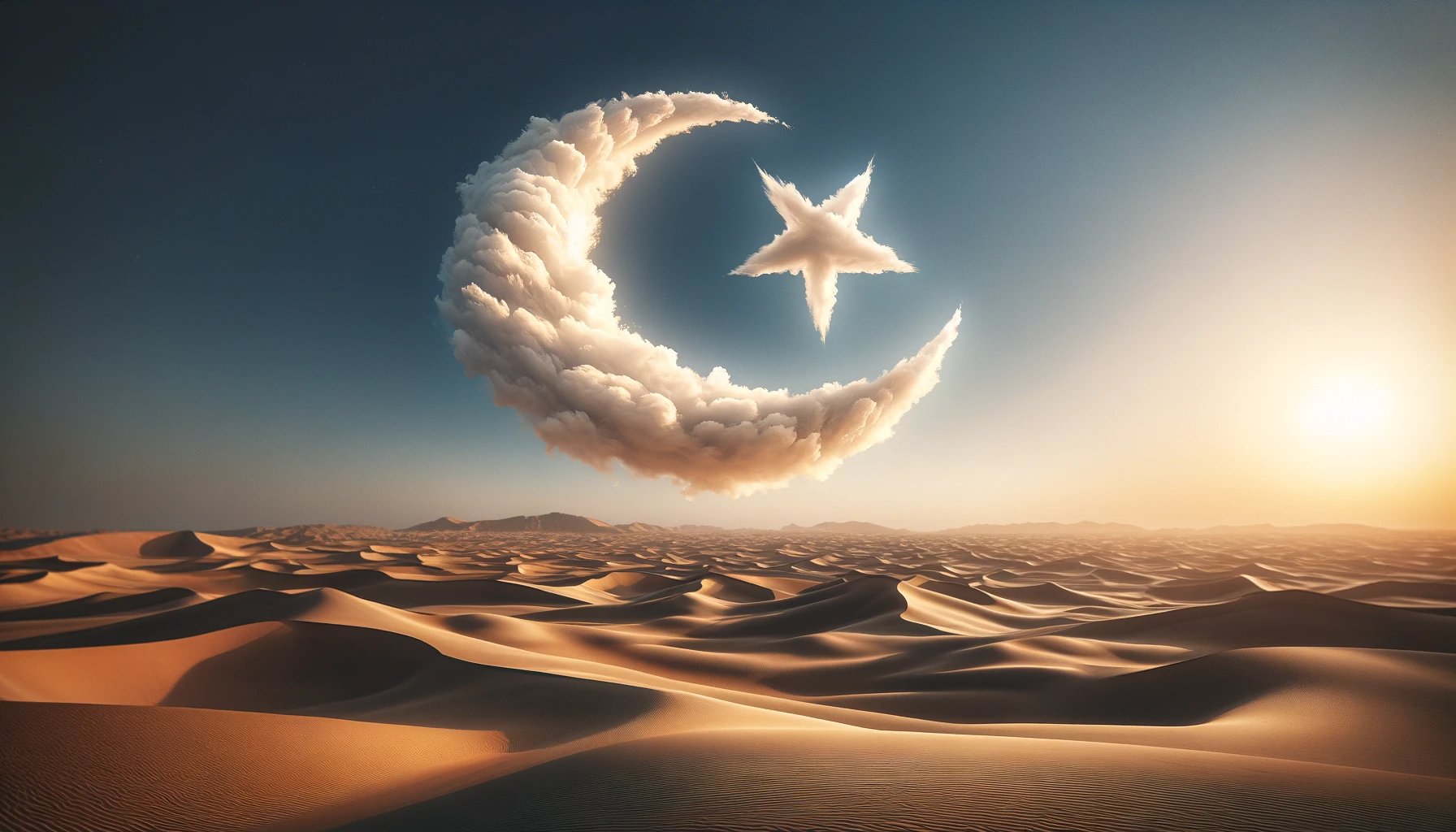Eid Milad un nabi – also know as Mawlid (Arabic: مَولِد النَّبِي mawlidu n-nabiyyi, or nabidinam “Birth of the Prophet“, marks the birthday of the Islamic prophet Muhammad. It is celebrated often on the 12th day of Rabi’ al-awwal, the third month in the Islamic calendar. The 12th Day of Rabi’ al-awwall is the most popular date from a list of possible dates that are reported as the birth date.
1. When is Milad un Nabi 2025
Milad un Nabi 2025: Mawlid/Milad un Nabi (The Prophet’s Birthday) starts on Thursday, 4th of September 2025
2. When is Milad un Nabi 2026
Milad un Nabi 2025: Mawlid/Milad un Nabi (The Prophet’s Birthday) starts on Tuesday, 25th of August 2026
3. When was Milad un Nabi 2024
Milad un Nabi 2024: Mawlid/Milad un Nabi (The Prophet’s Birthday) started on Tuesday, 16th of September 2024
The origin of Milad un nabi reportedly dates back to the time of the early four Rashidun Caliphs of Islam. The Ottomans declared it an official holiday in the year 1588. The term Mawlid is also used in some parts of the world, such as Egypt, as a generic term for the celebrations of other historical figures such as Sufi saints.
Most denominations of Islam approve of the commemoration of Muhammad’s birthday; however, some denominations including Wahhabism/Salafism, Deobandism and the Ahmadiyya disapprove its commemoration, considering it an unnecessary religious innovation (bid’ah or bidat). Mawlid is recognized as a national holiday in most of the Muslim-majority countries of the world. Expeptions are Saudi Arabia and Qatar which are officially Wahhabi/Salafi.

2. When was Milad un Nabi in previous years
Milad un Nabi 2023: Mawlid/Milad un Nabi (The Prophet’s Birthday) was on Tuesday, 26th of September 2023
Milad un nabi is sometimes simply called in colloquial Arabic مولد mawlid, mevlid, mevlit, mulud among other vernacular pronunciations; sometimes ميلاد mīlād).
How is Milad un Nabi celebrated
The way it is celebrated can vary depending on cultural and regional traditions. There isn’t a single uniform way of observing this occasion across all Islamic nations. However, there are some common practices that are often followed:
- Religious Gatherings and Lectures: Many Islamic nations hold special gatherings in mosques and Islamic centers. Scholars and religious leaders may give speeches or lectures about the life and teachings of Prophet Muhammad.
- Recitation of Poetry and Nasheeds: Some communities may engage in the recitation of Islamic poetry (Qasidas) or sing religious songs (Nasheeds) that praise the Prophet Muhammad.
- Decorations and Lights: Some areas may be decorated with lights, banners, and other decorations to mark the occasion.
- Processions: In certain regions, especially in countries like Pakistan and some parts of India, processions are held where people march through the streets, often carrying banners and flags with religious slogans.
- Charitable Acts: It is common for Muslims to engage in acts of charity and kindness during Milad un Nabi. This may include giving to the less fortunate, feeding the poor, and providing assistance to those in need.
- Reading of the Seerah: The Seerah refers to the biography of Prophet Muhammad. Many communities will gather to read and reflect on stories from the life of the Prophet.
- Special Meals and Feasts: Families and communities may come together for special meals and feasts, where they share food and celebrate the occasion.
- Giving Gifts: In some cultures, it’s customary to exchange gifts, especially within families and among children.
- Night Vigils: Some communities engage in night vigils (known as “Shabeena”) where they spend the night in prayer, reflection, and remembrance of the Prophet.
- Educational Events for Children: In many Islamic nations, special events and activities are organized for children, which are designed to educate them about the life and teachings of the Prophet Muhammad.
It’s important to note that while Milad un Nabi is celebrated by many Muslims, there are also some who do not observe it, as it is not universally accepted by all Islamic scholars and traditions. Additionally, the specific customs and traditions associated with the celebration may vary from one country or region to another.

